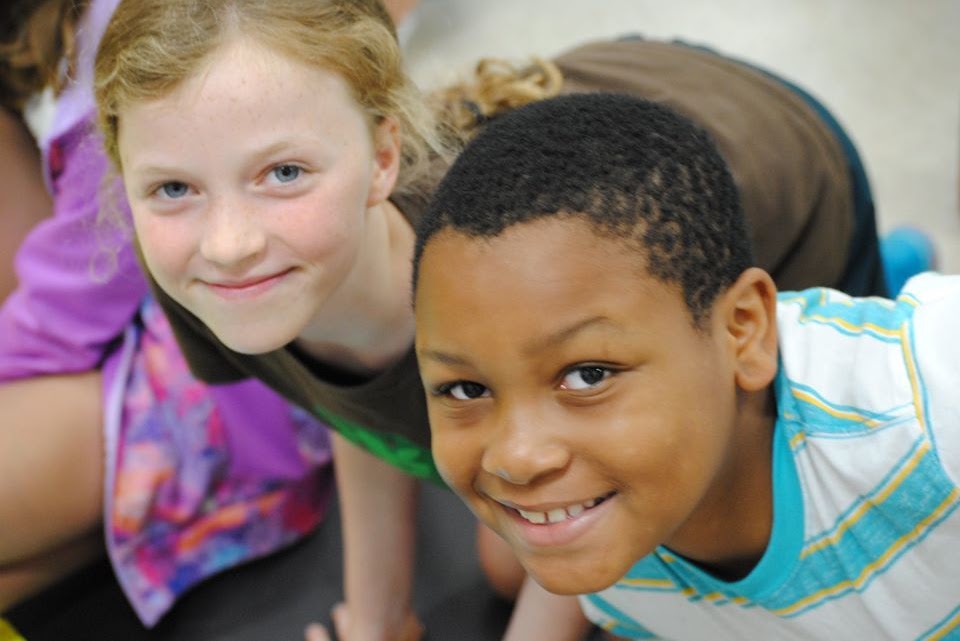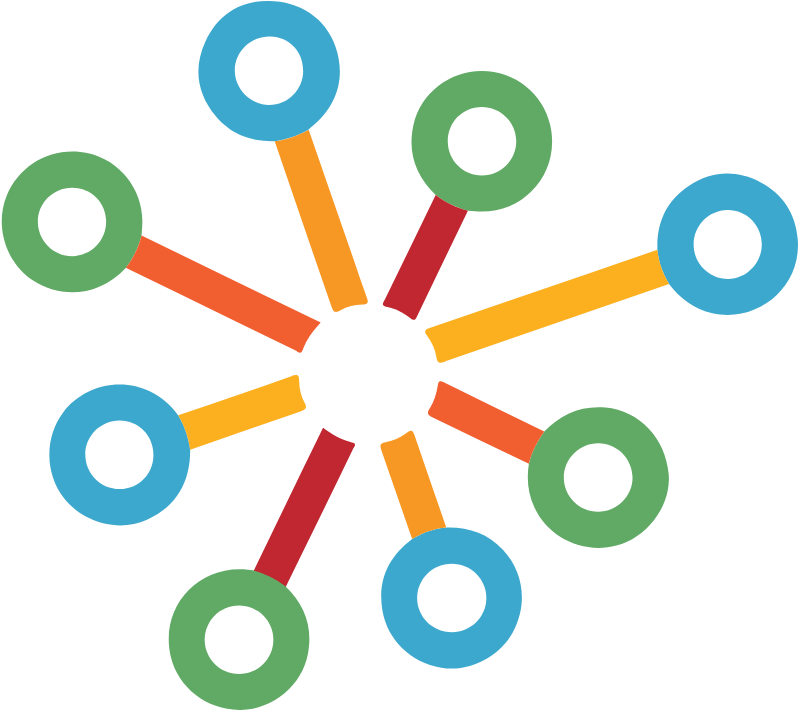Critical Action to Ensure Equity and Excellence
"Foster Academic Talent Development"


In alignment with North Carolina's fourth critical action towards Equity and Excellence, the DPS Office of Advanced Academics is committed to "cultivate potential in students whose strengths are not yet tapped or readily observable in typical classroom environments, in addition to serving students who are already demonstrating high performance. We must provide intentional efforts that bring out and develop a student’s strengths and talents.
Why?
By fostering talent development, we will ensure that all students have opportunities to grow and experience learning environments that are not dependent on their background or economic means.
How?
Create learning environments where teachers are able to observe student strengths and recognize potential.
Respond by developing a student’s strengths through intentional learning experiences in various domains.
Provide early intervention and development opportunities to maximize potential."
from NCDPI Call to Action, Critical Actions for Equity and Excellence
DPS K-2 Investigations
In Durham Public Schools, all K-2 students are served by an AIG Specialist to foster academic talent each instructional quarter in large groups. Investigation lessons provide opportunities to explore ideas with advanced critical thinking skills. For example, while students may know and understand topics such as force and motion, AIG Specialists challenge K-2 students to:
think from multiple perspectives – "In what ways does a race car driver, roller coaster designer, or child on the playground need to understand force and motion?"
use inquiry to explore ideas - "Working as a group with common objects (string, popsicle sticks, etc.), design a contraption that would lift a toy lion. How does force and motion connect with creating simple machines?"
connect knowledge to student’s everyday life - "Why are forces important in everyday life?"
K-2 Investigations utilizes thinking skills that stretch beyond foundational knowledge.
Progression

In Kindergarten, students are introduced to convergent thinking -- figuring out a concrete solution to any problem – and divergent thinking – exploring multiple possible solutions in order to generate new ideas – through texts and materials linked to Kindergarten curriculum and standards. Higher-order thinking skills with depth and complexity are introduced to further challenge students.
In 1st Grade, students continue to explore critical thinking skills with depth and complexity reinforced through connections to the first grade curriculum and standards.
In 2nd Grade, students expand their higher order thinking skills connected to the second grade curriculum and standards with a greater focus on inquiry based learning. Inquiry based learning is a form of active learning which begins with posing questions, problems, or scenarios.
*Grade level standards are hyperlinked to quick reference guides.
For more information about K-2 Investigations at your child's school, contact the school administrator or AIG Specialist.
Observations and Rotations
As the AIG Specialist works with K-2 students, the teacher and specialist make observations of students who may exhibit the following qualities:
grasps concepts quickly
tries to approach a task from different perspectives
offers original and/or unique ideas to an issue
works diligently and doesn’t give up until a solution is found
makes connections between the lesson and prior learning
takes risks in their approach to learning
Using observational data from the whole class sessions, the AIG Specialist and teacher will create small group sessions to provide further exploration. Small groups meet several times outside of the classroom before the rotational process begins again.
The Investigations program moves from classroom lessons to small group explorations each grading quarter to allow multiple opportunities for student participation.
Participation in a small Investigations group does not ensure a child will again be pulled for small group exploration, nor does it imply a direct pathway to later identification in the AIG program. Investigations does expose all students to higher-order thinking skills and provides ongoing opportunities for all students to demonstrate.
